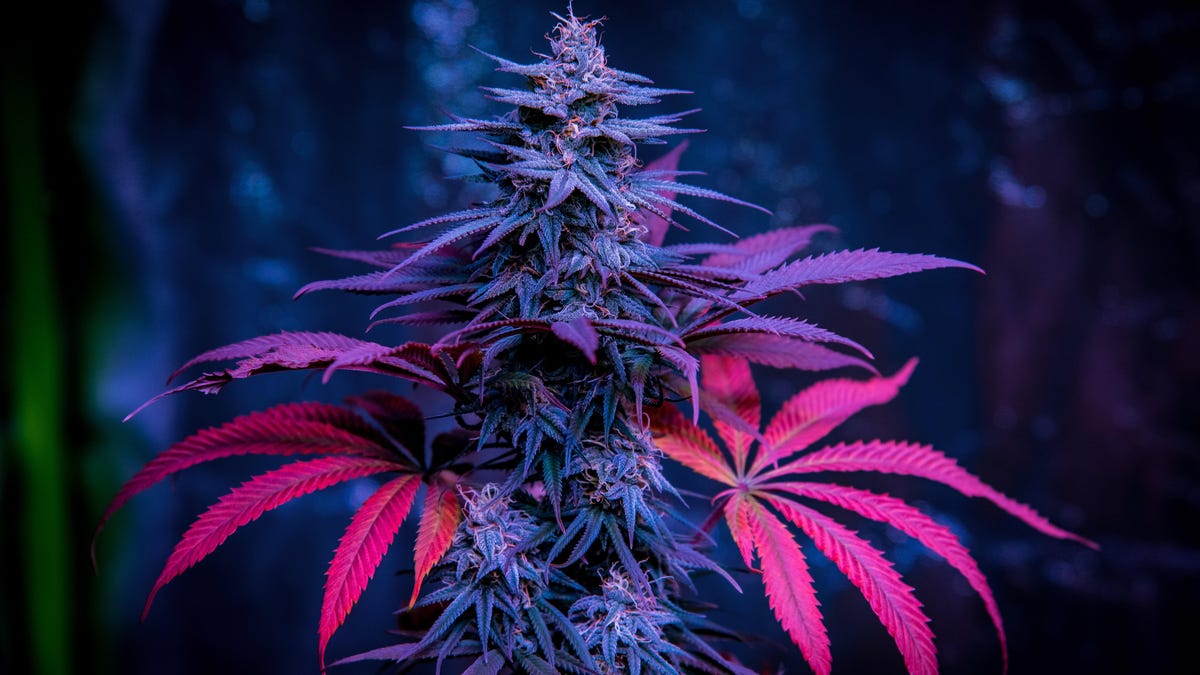
A warning to those of you looking forward to celebrating 4/20 in style this year: Your weed might not be as potent as advertised. In a new study this week, scientists found that cannabis products bought from legal dispensaries in Colorado were often much lower in THC levels than their labels indicated.
THC, or Delta-9-tetrahydrocannabinol, is the ingredient in cannabis primarily responsible for the high we get from taking it. Studies have found that the reported potency of THC in recreational cannabis has steadily increased over the past few decades. Yet there’s also been concern that companies have been overinflating the THC levels of their product in hopes of boosting their popularity and price. One common method of this is known as “lab shopping,” where companies will send their merchandise to several labs for analysis and only pick out the most flattering results to use on their label. People have started to accuse specific companies of these practices, even filing lawsuits against some. But there hasn’t been too much data on how systemic a problem this might be across the industry.
Advertisement
This new study, published Wednesday in PLOS-One, was conducted by researchers at the University of Northern Colorado and elsewhere. They bought 23 samples meant to represent 12 cannabis strains from 10 dispensaries across the state. Then they had a third-party lab test the samples.
Overall, the samples were found to be significantly lower in THC than was claimed on the label. About 70% of the samples tested THC levels that were over 15% lower than claimed, with three samples having half as little THC as the maximum potency they were claimed to have. About 60% of samples reported a range in THC potency on their label, rather than a single number, but these samples often still appeared to be mislabeled as well.
Advertisement
Advertisement
“Our results clearly demonstrate that retail cannabis flower THC potency is significantly inflated in samples purchased in Colorado. Given the numerous recent reports and lawsuits questioning THC potency reporting, it is likely that this is an industry-wide problem,” the authors wrote.
Higher THC strains of cannabis are thought to pose a higher risk of serious but rare side effects, such as panic attacks. So on the one hand, people taking cannabis today might be safer than we thought. On the other hand, systemic mislabeling undermines the very concept of regulation. And since cannabis prices depend heavily on reported THC potency, customers are possibly getting routinely overcharged.
Advertisement
This is only a single, relatively small study of dispensaries in one state. And many of the authors have disclosed that they’re financially involved in the cannabis industry, with two being employees of the third-party lab that conducted the testing in the study. The authors say that none of their employers had any role in the research, outside of providing some of them a salary, and potential conflicts of interest on their own do not invalidate the results of a study. But these caveats do emphasize the need for more research from other teams to confirm the findings and to better understand the scope of this potentially widespread issue in the industry.
“Although we have no power to change the current system, we hope highlighting this issue and educating consumers will affect the change needed to remedy the inflated potency of flower products,” the authors wrote. “Addressing this discrepancy will require both changes to the regulatory system and consumer awareness that reported THC potencies are frequently inflated.”
Services Marketplace – Listings, Bookings & Reviews